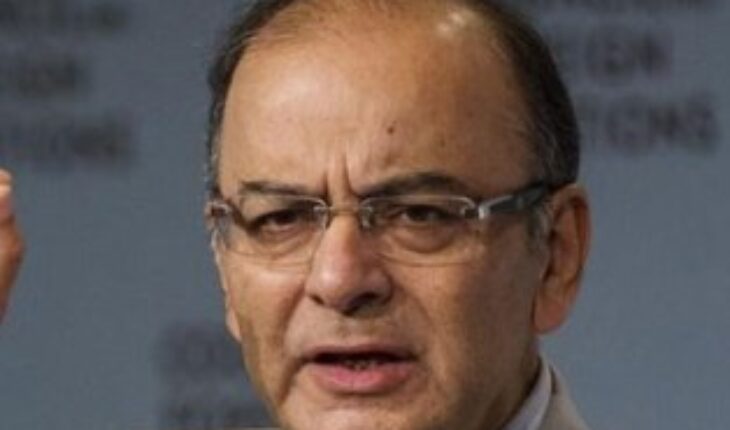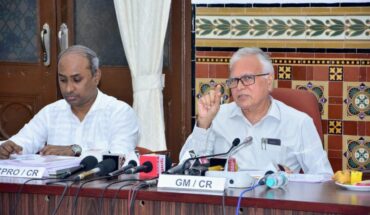NEW DELHI: In a pre-poll Budget aimed at softening the demonetisation blow, Finance Minister Arun Jaitley on Wednesday halved the basic income tax rate to 5 per cent and lowered rate for small companies while boosting spending on rural employment, agriculture and infrastructure.
Creating history, the Minister presented a merged railway and general Budget after advancing the dates by a month that provides a record outlay of Rs 3,96,135 crore for infrastructure schemes besides a capital expenditure of Rs 1.3 lakh crore on railways and Rs 64,000 crore on highways.
The Budget seeks to provide a record Rs 10 lakh crore in loans to farmers, boost funds for rural employment guarantee programme, bring one crore households out of poverty and promised to build one crore houses by 2019 for the homeless ahead of the crucial elections in five states including Uttar Pradesh and Punjab. In view of the fact that the proposed GST is expected to be rolled out soon, he left indirect taxes largely untouched except for some changes in duties on tobacco products, solar panels and circuit for mobile phones. While excise duty on pan masala has been hiked to 9 per cent from 6 per cent currently and that on unmanufactured tobacco to 8.3 per cent from 4.2 per cent, the same on filter and non-filter cigarettes of all length was also hiked. Mobile phones will be costlier with the Budget proposing a 2 per cent special auxiliary duty on import of populated printed circuit boards (PCBs). While the income tax rate for income between Rs 2.5 lakh and Rs 5 lakh has been lowered to 5 per cent, a 10 per cent surcharge has been slapped on income between Rs 50 lakh and Rs 1 crore. The 15 per cent surcharge on income above Rs 1 crore will continue. While the surcharge alone would net Rs 2,700 crore a year, his give away on direct tax proposals will result in a loss of Rs 15,500 crore. The change in the personal income tax rate for individual assessees would reduce the tax liability of all persons below Rs 5 lakh to either to zero (with rebate) or 50 per cent of their existing liability. In order not to have duplication of benefit, the existing benefit of rebate available to them is being reduced to Rs 2,500 available only to assessees up to income of Rs 3.5 lakh. While the taxation liability of people with income up to Rs 5 lakh is being reduced to half, all other categories of tax payers in the subsequent slabs will also get a uniform benefit of Rs 12,500 per person. In the case of senior citizens above 60 years, there will be no tax up to Rs 3 lakh, while the exemption will be up to Rs 5 lakh in case of citizens above 80 years. Both the categories will attract income tax of 20 per cent on income between Rs 5 lakh and Rs 10 lakh and 30 per cent for income above Rs 10 lakh. Against the backdrop of demonetisation intended to eliminate black money and introduce clean transactions, the Budget barred any transaction in cash above Rs 3 lakh. As a measure of transparency in political funding, he lowered to one-tenth the donation that political parties can accept in cash to Rs 2,000 per donor. Also bearer Electoral Bonds will be introduced which a donor can buy from a scheduled bank through cheque or e-mode, for making donations. The Finance Minister expressed confidence that the pace of remonetisation has picked up and would soon reach comfortable levels with effects not expected to spillover into the next fiscal. –PTI






